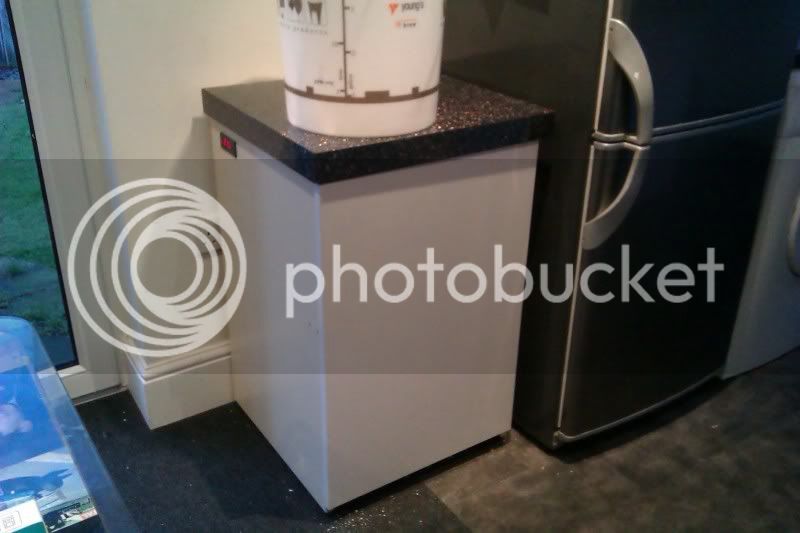Swift Pint
Landlord.
- Joined
- Apr 23, 2011
- Messages
- 558
- Reaction score
- 0
OK, so I guess the purpose of this thread is to brainstorm some ideas of areas of my brewday that I should be thinking about more and focusing on. I've been jumping around a lot with recipes, but I think going forwards I'm going to try and hone in on a house sessionable pale ale, tweaking one thing at a time, brewing more often and trying to focus on technique and process.
I think it would be quite hard to post in depth description of my technique, so I guess from a high level what are the top aspects of brewing that you think are the most important? What changes have you made that have had a noticeable increase in quality?
Any help or ideas are welcome. I'm getting a bit fed up of brewing beer, tasting the first bottle and thinking "meh, its OK".
I think it would be quite hard to post in depth description of my technique, so I guess from a high level what are the top aspects of brewing that you think are the most important? What changes have you made that have had a noticeable increase in quality?
Any help or ideas are welcome. I'm getting a bit fed up of brewing beer, tasting the first bottle and thinking "meh, its OK".




























![BREWING THERMOMETER STICKERS ACCURATELY MONITOR FERMENTING BEER & WINE LIQUID TEMPERATURES 5PCS HOME BREW SPIRITS WINE LCD ADHESIVE [US]](https://m.media-amazon.com/images/I/311DDjo2X3L._SL500_.jpg)















